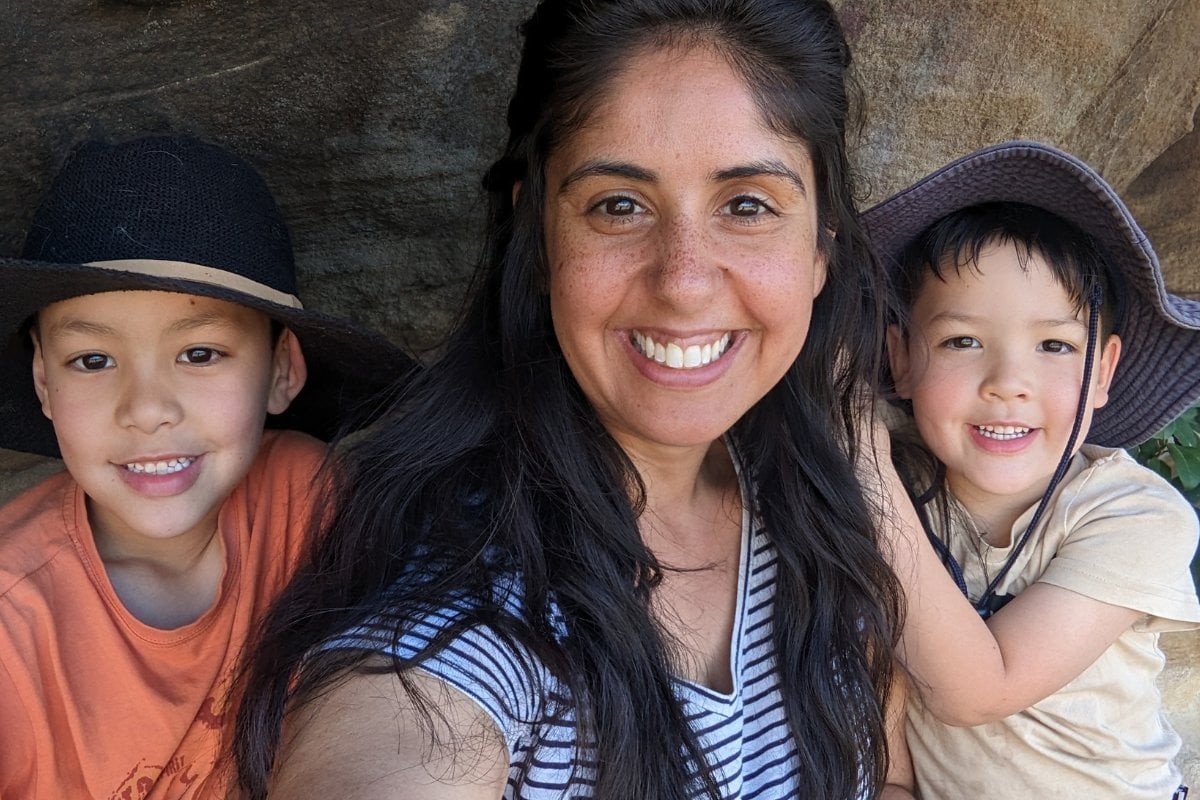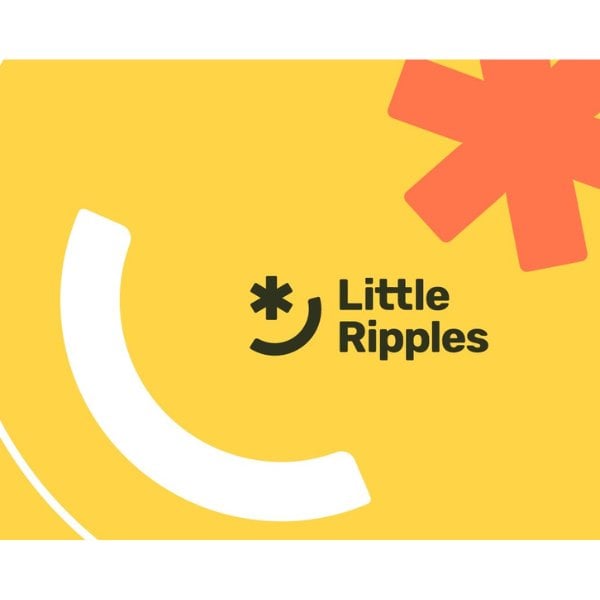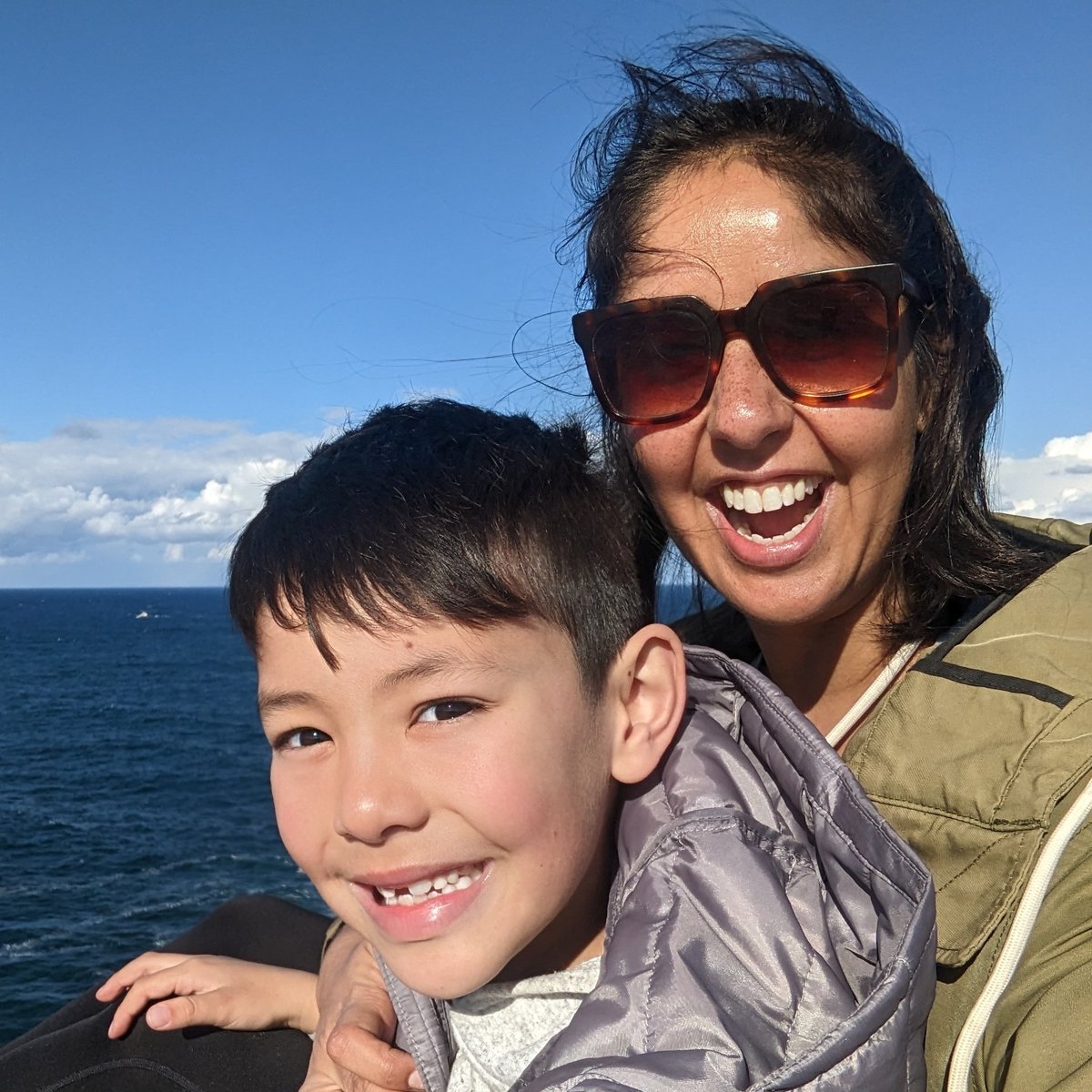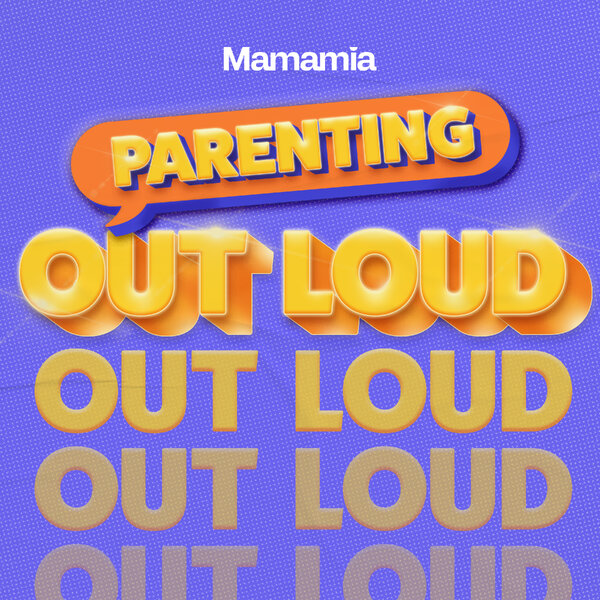

There were three questions I distinctly remember being asked as a primary school kid: "How old are you? What grade are you in? And what do you want to be when you grow up?"
Now that I’m a parent of a seven-year-old, I’ve once again started to hear that exact same succession of questions being asked to my son. (Yep, it seems this remains a school kid rite of passage!)
Some days my son answers that he wants to work in a mine, inspired by the game Minecraft. (IYKYK!) He’s also mentioned the idea of being a game show host after watching the likes of Grant Denyer and Larry Emdur on TV in the afternoons. Other days he says he wants to work alongside his dad in a restaurant.
As a parent, it warms my heart to hear my son dream so wide and so big.
 Image: Supplied.
Image: Supplied.

